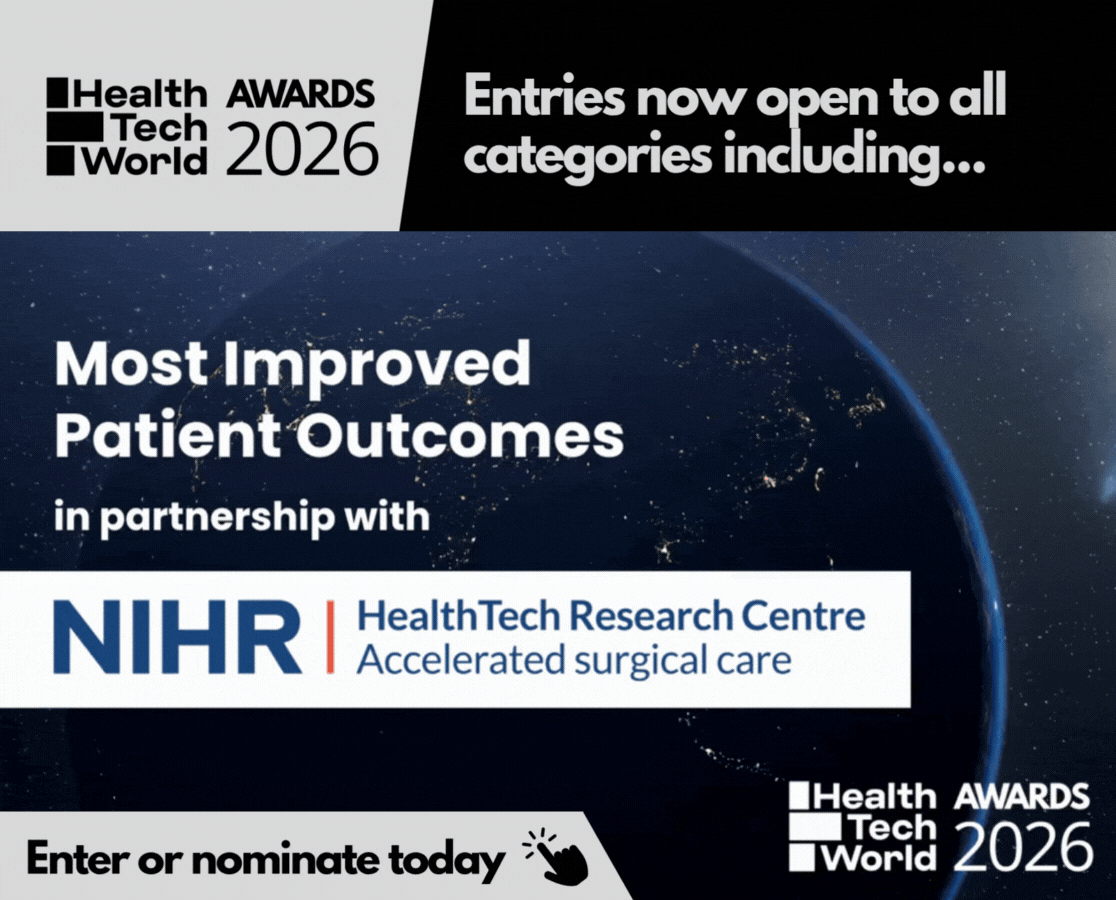Government boosts out-of-hours access to key NHS tests

One hundred NHS diagnostic centres in England now provide MRI scans, endoscopies and other tests in the evenings and weekends, the government has said.
Thirty-seven more community diagnostic centres (CDCs) now run 12 hours a day, seven days a week compared with July 2024, taking the total with extended hours to 100.
The 170 CDCs across England are based in shopping centres, football stadiums and university campuses. Patients can be referred by their GP or hospital teams.
The government said longer opening hours were part of its wider healthcare plan, which places greater focus on community-based services.
Wes Streeting, the health secretary, said: “This government is determined to offer healthcare that fits around working people’s lives and not the other way around.
“From early morning MRI scans to late evening blood tests, we’re meeting patients where they need it most by extending the operating hours for community diagnostic centres and putting patients first.
The government has committed to building up to five more CDCs in 2025-26 and plans to extend opening hours for all CDCs at evenings and on weekends.
Latest data showed the NHS carried out 1.6m more tests and scans between July 2024 and June 2025 than in the same period the previous year.
Sarah Sleet, the chief executive at Asthma + Lung UK, welcomed the wider opening hours.
“Making it easier for people to access tests close to home is crucial to improve diagnosis rates for lung conditions,” she said.
“Receiving an early and accurate diagnosis is essential for treating and managing someone’s lung condition, it can lead to a reduction in hospital admissions and even lengthen their life.
“We hope this focus on neighbourhood diagnostics will lead to quicker diagnosis of lung conditions, the UK’s third biggest killer, at a time when a historic lack of access to tests is leaving tens of thousands of people breathless and anxious.”
Laura Challinor, the senior policy manager at Blood Cancer UK, also welcomed the expansion of out-of-hours appointments but said further action was needed.
“For CDCs to be of most benefit to people with blood cancer, we also want to see a commitment to end regional variation in diagnostic testing practice, including full blood count (FBC) tests available for those presenting with non-specific symptoms, and timed diagnostic pathways developed for blood cancers,” she said.
Charlotte Beardmore, the executive director of professional policy at the Society of Radiographers, said CDCs offered patients improved access to routine imaging investigations, while timely diagnostics through CDCs were essential to ensure patients could access treatments sooner.
But she stressed growing demand for imaging meant the government must invest in the radiography workforce.
“This means investment in new NHS posts for radiographers to ensure all CDCs offer the capability, flexibility and the range of services for patients in their local community,” she said.
“Without radiographers CDCs cannot function.”






